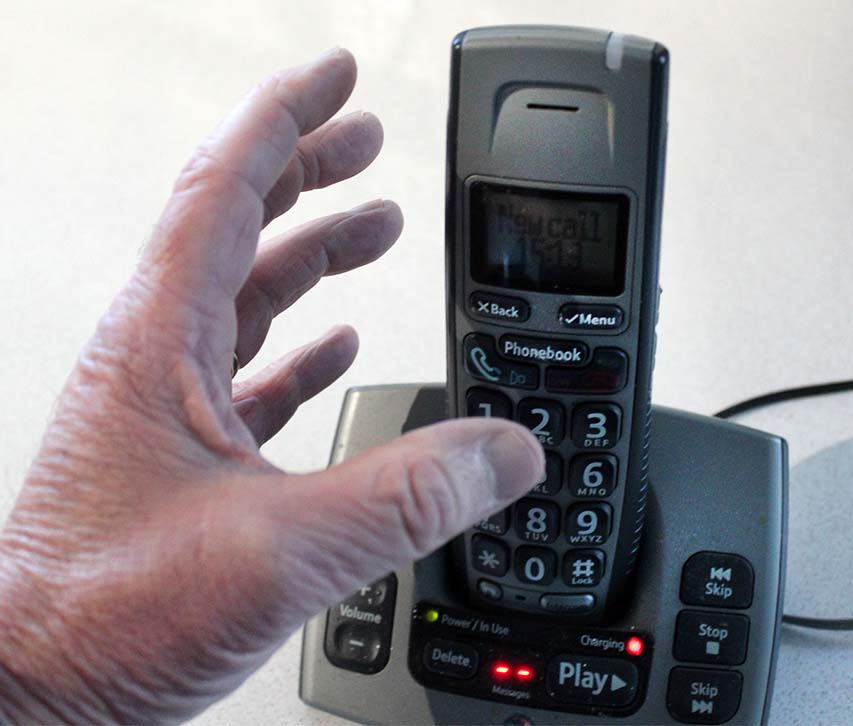County Down woman successfully claims money back after falling victim to impersonation scam
The Department for the Economy’s Trading Standards Service (TSS) are warning consumers to be on their guard against financial scams after a County Down woman lost over £4,000 to a sophisticated HM Revenue & Customs (HMRC) impersonation scam.
Impersonation scams, where fraudsters pose as trusted figures such as bank officials or government representatives to trick you into sending money, have increased in recent months, resulting in significant financial losses and emotional distress.

In one case, recently reported to TSS, a lady received a call from a person claiming to be from HMRC advising her that she owed unpaid tax.
As the caller seemed very convincing, she believed that this was a plausible and genuine call. The scammers also followed up the first contact with another claiming they were from her local Police Station.
She was threatened with arrest and court action if she did not pay. The incident came during a difficult period in the lady’s life.
Under pressure and fearing the consequences, she transferred the sum of £4,000 to the fraudsters, only to realise shortly afterwards that she had been scammed.
The incident happened in 2020 and when the woman contacted her bank she was informed that as she had transferred the funds to the scammers herself there was nothing they could do to help her.
She then contacted TSS in February 2024 to seek assistance in getting her money refunded. Still feeling the emotional effects of the scam, she was initially hesitant to seek assistance from TSS, believing that as too much time had passed, she would be unlikely to get her money back.
After reviewing her case, TSS assisted her in raising a complaint with her bank and then with the Financial Ombudsman Service (FOS). Before the victim’s complaint could be assessed by FOS her bank decided to refund her £4,000 plus interest and £250 compensation.

The victim hopes that by sharing her story she can prevent others from experiencing the same distress. The victim commented: “I wanted to tell my story to prevent this happening to someone else.
“I’m very happily surprised at the result and would like to thank TSS for all their support and help, it wouldn’t have been possible without them. It’s a big deal for me, not just about the money but the emotional impact.”
Yasmin Johnstone of the TSS said: “This scam was highly convincing particularly as they had cloned the genuine telephone number of a local police station and this serves as a stark reminder of the tactics used by scammers to exploit an individual’s fears and trust.
“If you receive a similar call do not make any payments or share personal information. Instead, contact the organisation directly using verified contact details.”
TSS offers the following tips and advice to help avoid falling victim to similar scams:
- Be sceptical of unexpected calls/texts/emails that ask for personal information or payment.
- HMRC, Banks, Government Departments or the Police Service of Northern Ireland will never demand immediate payment, personal details or threaten arrest over the phone.
- Never provide remote access or download any apps to your mobile or computer at the request of a caller.
- Report any suspicious calls or messages to Action Fraud, the UK’s National Fraud and Cybercrime reporting center on 0300 123 2040
For further advice or to check if TSS may be able to assist if you have lost money to a scam, contact our Consumerline Team on:
0300 123 6262
























